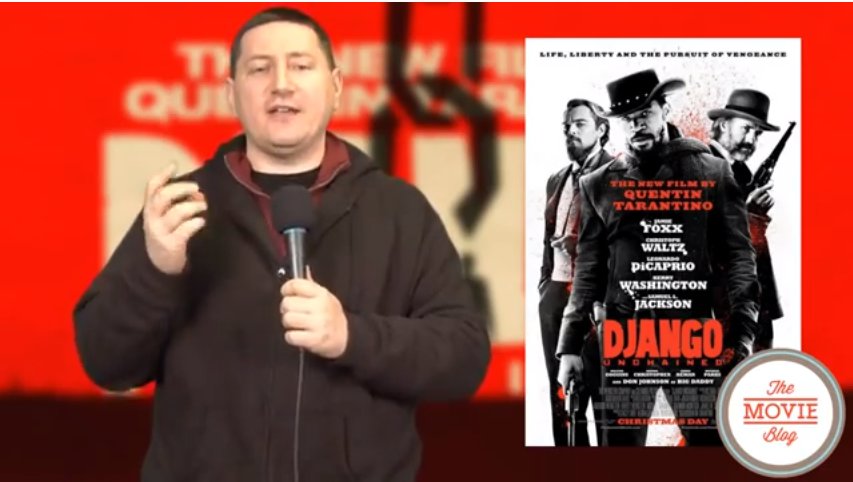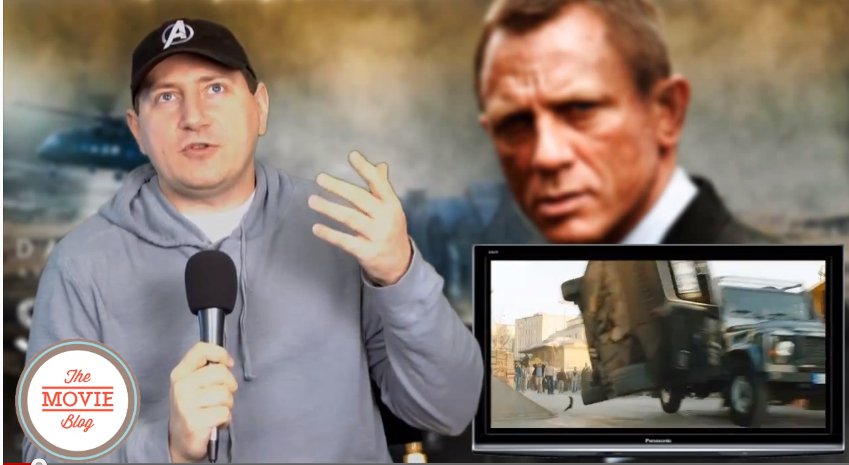 Over the past few months we’ve been dropping mention of the big coming Hollywood strike, and I think it’s time to talk about about it specifically, what’s happening, why it’s happening, when it’s happening, who is involved and what the issues are. I hope this will make things a little more clear… to be honest I’m not 100% clear on all the issues myself… but one thing is for certain… come June 2008, the streets in Hollywood will be silent. Ok, let’s take a look at this horrendous mess shall we?
Over the past few months we’ve been dropping mention of the big coming Hollywood strike, and I think it’s time to talk about about it specifically, what’s happening, why it’s happening, when it’s happening, who is involved and what the issues are. I hope this will make things a little more clear… to be honest I’m not 100% clear on all the issues myself… but one thing is for certain… come June 2008, the streets in Hollywood will be silent. Ok, let’s take a look at this horrendous mess shall we?
WHO ARE THE PLAYERS:
Alliance of Motion Picture and Television Producers (AMPTA)
The Writers Guild of America (WGA)
The Screen Actors Guild (SAG)
The Directors Guild of America (DGA)
WHAT IS THE TIMELINE:
The current collective contract of the WGA runs out on October 31st. However, the Writers Guild has decided to postpone taking any action until the collective contracts of the SAG and DGA also run out in June of 2008. This is CLEARLY a co-ordinanted move in order to give all three unions a stronger bargaining position and leverage. Therefore, for all intents and purposes, the agreements that currently exist for the WGA, the SAG and the DGA will expire at the same time… JUNE 30th 2008. At this point, all three entities can (and will) call upon their membership to strike unless new agreements are reached before that date.
WHAT ARE THE ISSUES:
The issues between the AMPTA and the WGA BASICALLY break down like this:
1) The WGA wants provisions for internet distribution in any new contract
This is understandable for the WGA to want. As things stand, Studios are selling their product through the new medium of the internet for which there are no provisions really in the current contract for writers to be compensated for. However, the AMPTA is wanting to put off the issue of the internet for 3 years because “it’s a new avenue” and they’re not clear how it will work. I can understand their apprehension to commit to something that may just die in 18 months… but at the same time there is no denying they are making money off the internet right now… and therefore it is totally reasonable for the WGA to want their agreement to cover that NOW instead of 3 years down the road.
WHO IS RIGHT? The WGA
2) The AMPTA wants to withhold royalty payments until the Studio makes back its investment
Under the current agreement, royalties are paid on project right away. The AMPTA want to change this to a more fair system where royalties only begin to be paid out after a project has recovered its investment. In other words, if a movie cost $53 million to make, then royalties on that movie will only be paid out after the producers have made back their initial investment. This is totally reasonable and the way things should be. Those who risk are the ones who should reap the rewards. The WGA risk nothing, and therefore it is reasonable that a Producer should at least make back their investment before handing out additional royalties. This would mean a serious thrid party accounting system would have to be put in place to protect the WGA from studio accounting misconduct, but it is still the right way to do thing nonetheless.
WHO IS RIGHT? The AMPTA
3) The WGA want reality and game show writers covered under the new agreement
This one is absolutely ludicrous and I’m not going to waste any time writing about it.
WHO IS RIGHT? the AMPTA
There are other issues, but from what I understand these are the BIG contentious ones. Obviously item #3 doesn’t apply to the DGA or SAG, but you can bet they are also looking at items #1 and #2. I’m unclear right now what additional issues the DGA and SAG will bring to the table.
So there you have it. Doomsday in Hollywood right now is June 2008. Unless an agreement is reached (and i seriously doubt there will be) all productions have to be at least in post-production by that time in order to have any hope of finishing. This is why no Transformers 2 plans have been made… this is why they’re quickly moving Wolverine into a November shooting start date, and this is why we’re hearing (like Pompeii) about movies getting killed because they were looking at shooting schedules into or after June 2008.
By no means am I an expert on this issue… so if you have more to add that is relevant to this topic, please include it in the comments.





















